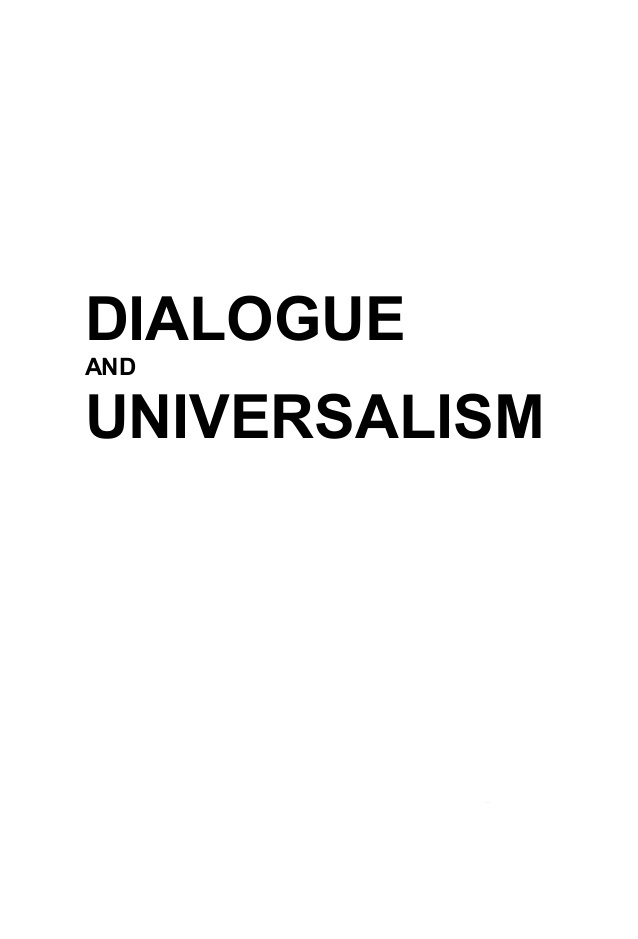STEIN AND HEIDEGGER: TWO PHENOMENOLOGIES
STEIN AND HEIDEGGER: TWO PHENOMENOLOGIES
Author(s): Aleksandra SzulcSubject(s): Philosophy
Published by: Instytut Filozofii i Socjologii Polskiej Akademii Nauk
Keywords: Stein; Heidegger; phenomenology; hermeneutic; Dasein.
Summary/Abstract: The paper analyses Martin Heidegger and Edith Stein’s conceptions of phenomenol-ogy. These analyses provide a basis to explain Stein’s critique of Heidegger’s thought. The author presents Heidegger’s hermeneutic phenomenology which assumes that the understanding of being is a fundamental category, and, next, elucidates Stein’s personal phenomenology. Heidegger and Stein, both Husserl’s students, change his conception: Heidegger introduces a new method and goal of investigation, Stein adds to it the Chris-tian faith. In the last part, the author shows how Stein proves the incompleteness of Heidegger’s analysis of Dasein, death and temporality, in her view, the main shortcom-ings of his thought. Stein accuses him of saying nothing about the possibility of eternity and of taking into account only finite existence. The author of paper claims that Stein’s appraisal stems from her understanding of phenomenology which differs from Heidegger’s one.
Journal: Dialogue and Universalism
- Issue Year: 2015
- Issue No: 3
- Page Range: 105-114
- Page Count: 10
- Content File-PDF

